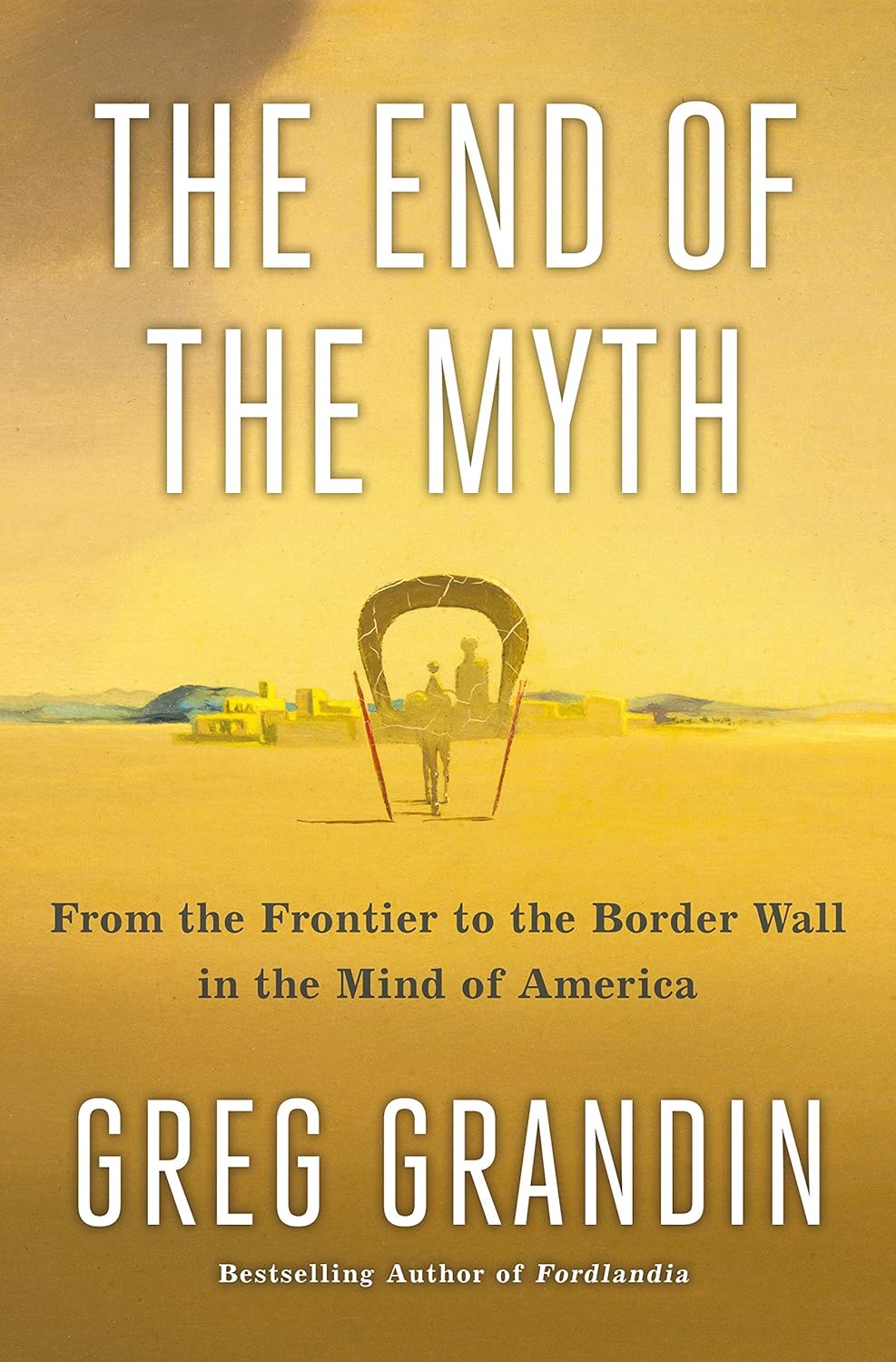Had the occupations of Afghanistan and Iraq not gone so wrong, perhaps Bush might have been able to contain the growing racism within his party’s rank and file by channelling it into his Middle East crusade – the way Reagan broke up the most militant nativist vigilantes in the 1980s by focusing their attention on Central America. For more than a century, from Andrew Jackson forward, the country’s political leaders enjoyed the benefit of being able to throw its restless and angry citizens – of the kind who had begun mustering on the border in the year before 9/11 – outward, into campaigns against Mexicans, Native Americans, Filipinos and Nicaraguans, among other enemies.
But the occupations did go wrong. Bush and his neoconservative advisers had launched what has now become the most costly war in the nation’s history, on the heels of pushing through one of the largest tax cuts in the nation’s history. Yet news coming in from Baghdad, Fallujah, Basra, Anbar province, Bagram and elsewhere began to suggest that Bush had created an epic disaster. Photographs from Abu Ghraib prison showing US personnel cheerfully taunting and torturing Iraqis circulated widely, followed by reports of other forms of cruelty inflicted on prisoners by US troops. Many people were coming to realise that the war was not just illegal in conception but deceptive in its justification, immoral in execution, and corrupt in its administration.
Every president from Reagan onward had raised the ethical stakes, insisting that what they called “internationalism” – be it murderous wars in impoverished developing countries or corporate trade treaties – was a moral necessity. But the disillusionment generated by Bush’s war on terrorism, the velocity with which events revealed the whole operation to be a sham, was extraordinary. The war, especially the war to bring democracy to Iraq, was said to mark a new era of national purpose. And yet a coordinated campaign of deceit, carried out with the complicity of reporters working for the country’s most respected news sources, had to be waged to ensure public support.
As thousands died and billions went missing, the vanities behind not just the war but the entire post-cold war expansionist project – of more, more, more – came to a definitive end. With the frontier closed, some turned back to the border.
Sporadic violence gave way to organised paramilitary extremism. War revanchism usually takes place after wars end – the KKK after the first world war, for example, or the radicalisation of white supremacism after Vietnam. Now, though, it took shape as the war was still going on. And border paramilitarism began to pull in not only soldiers who had returned from this war but veterans of older conflicts, whose fears about the influx of migrants concerned not just the current war but all wars.
